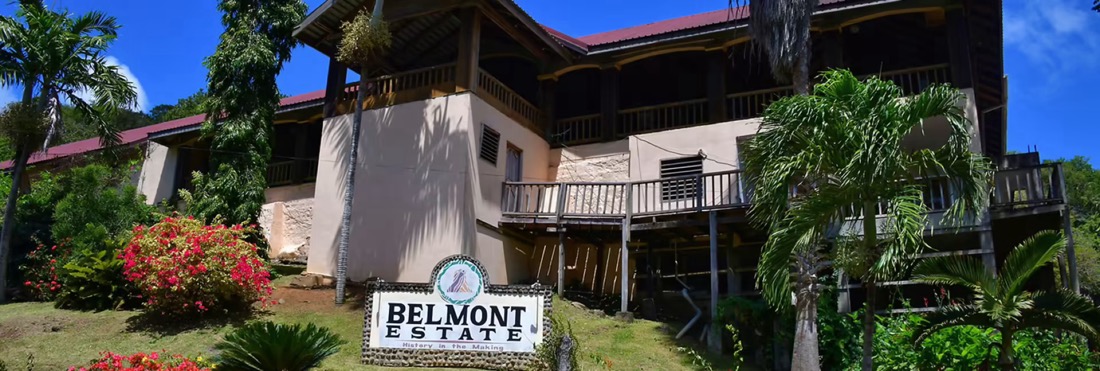GRENADA'S SPICE HISTORY
Grenada has been a significant player in the global spice market since the 18th century, particularly renowned for its nutmeg and mace production. The introduction of nutmeg to Grenada from the Banda Islands in Indonesia marked the beginning of an era that saw Grenada become one of the world’s top nutmeg producers. This historical development not only shaped the island’s agricultural landscape but also its economic pathways, as spices became a major export commodity. The story of spices is woven into the national identity of Grenada, with nutmeg prominently featured on the national flag, symbolising its importance to the island's past and present.
CULINARY USES OF SPICES
In Grenadian cuisine, spices are used liberally to enhance both the flavor and nutritional value of meals. Nutmeg is used in everything from savoury dishes like soups and stews to desserts and drinks, including the famous Grenadian rum punch. Mace, which is the outer shell of the nutmeg, imparts a slightly more delicate flavor and is often used in baking and to flavour meat dishes. Other spices, such as cinnamon, cloves, and ginger, are also staples in the Grenadian kitchen, used to create rich, flavourful dishes that tantalise the palate and celebrate the island’s spice-rich heritage.
SPICE TOURS AND AGRICULTURAL IMPACT

Spice plantation tours are a significant aspect of Grenada’s tourism offerings, providing visitors with firsthand experiences of the spice cultivation and processing methods. These tours not only educate visitors about the traditional techniques used in spice farming but also highlight the modern challenges and advancements in sustainable agriculture. The spice industry continues to play a crucial role in Grenada’s economy, with many local families involved in farming and selling spices both locally and internationally.
ENGAGEMENT TIP FOR TRAVEL AGENTS
When promoting Grenada, highlight the unique spice-related experiences available to tourists, such as visiting nutmeg processing facilities or participating in cooking classes focused on the use of local spices. These activities offer a deep dive into the island's culture and provide unique, memorable experiences that resonate with culinary enthusiasts.
